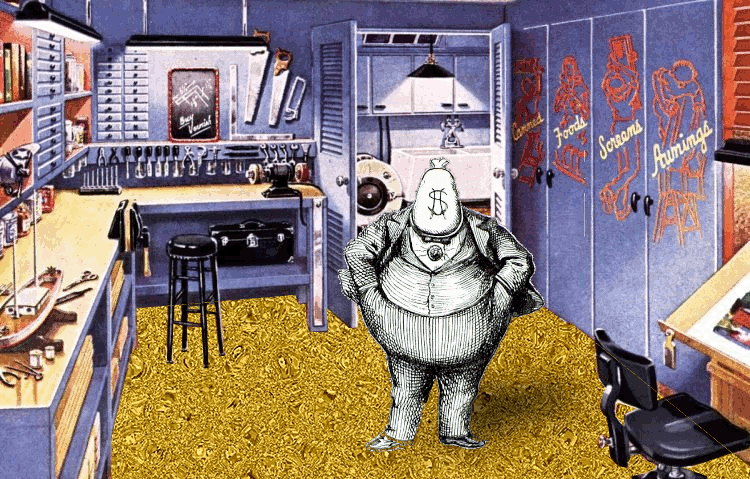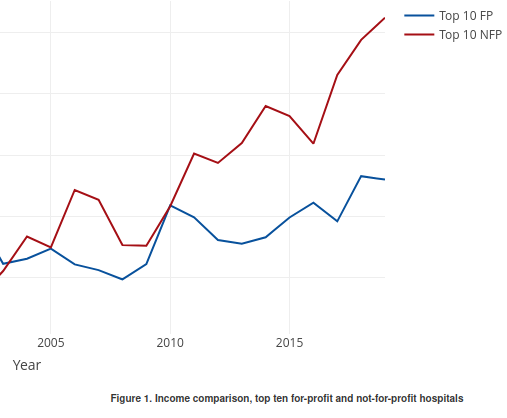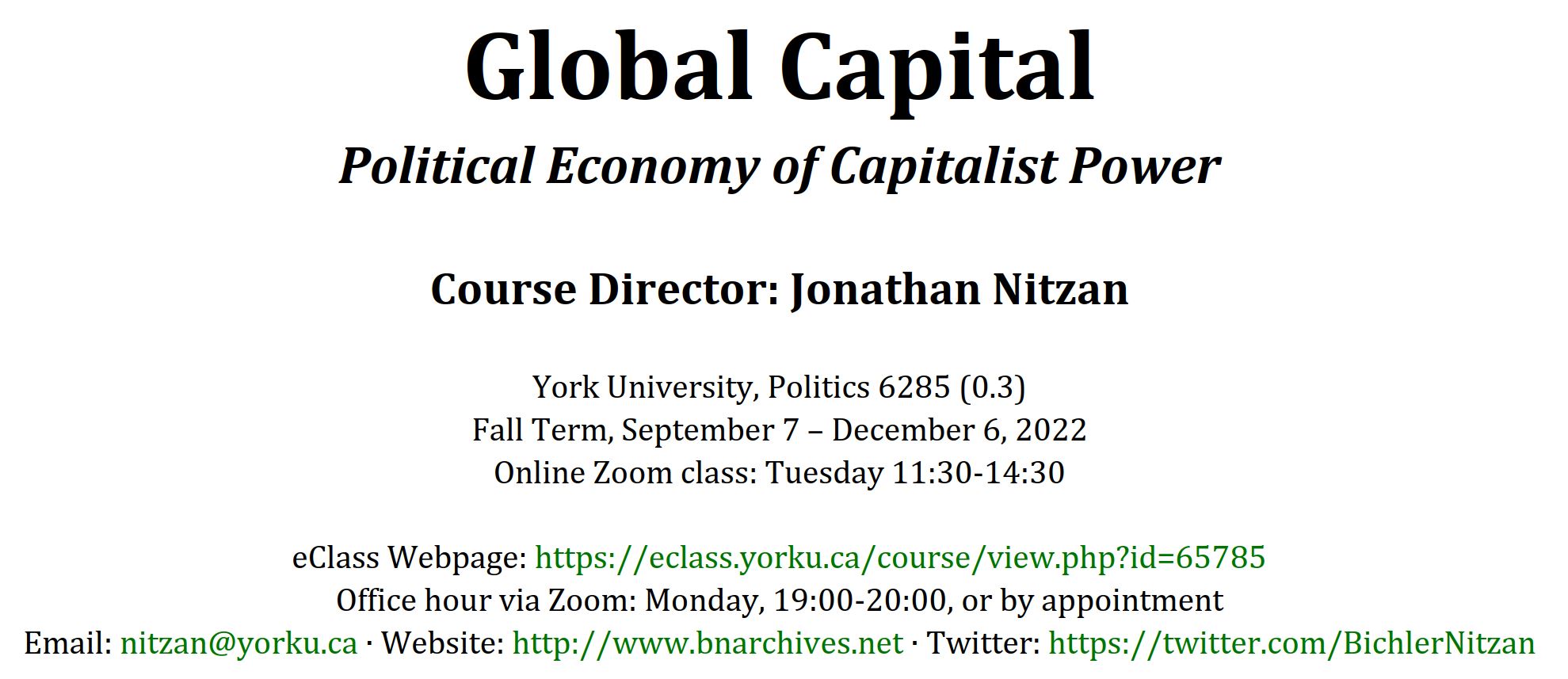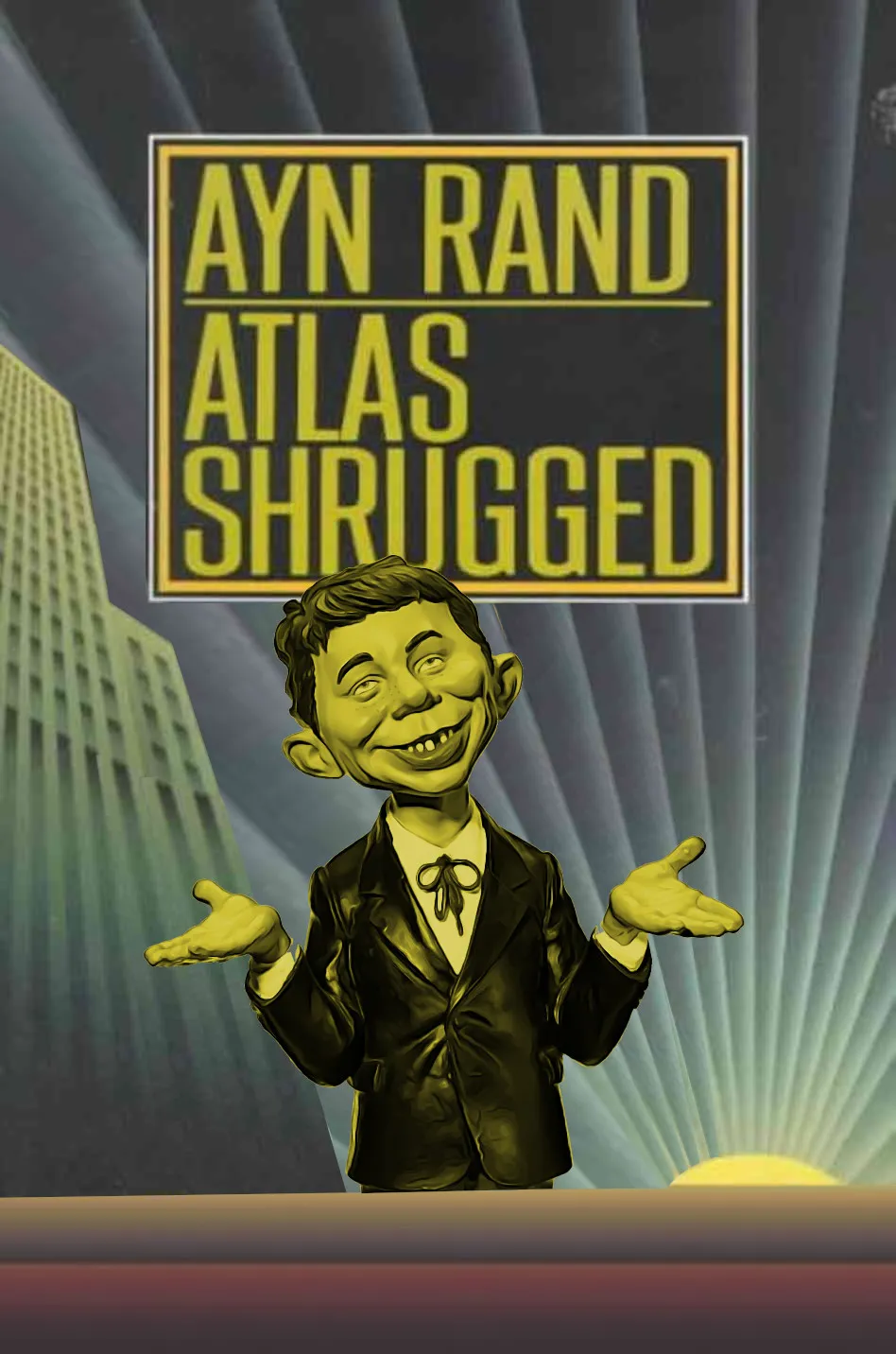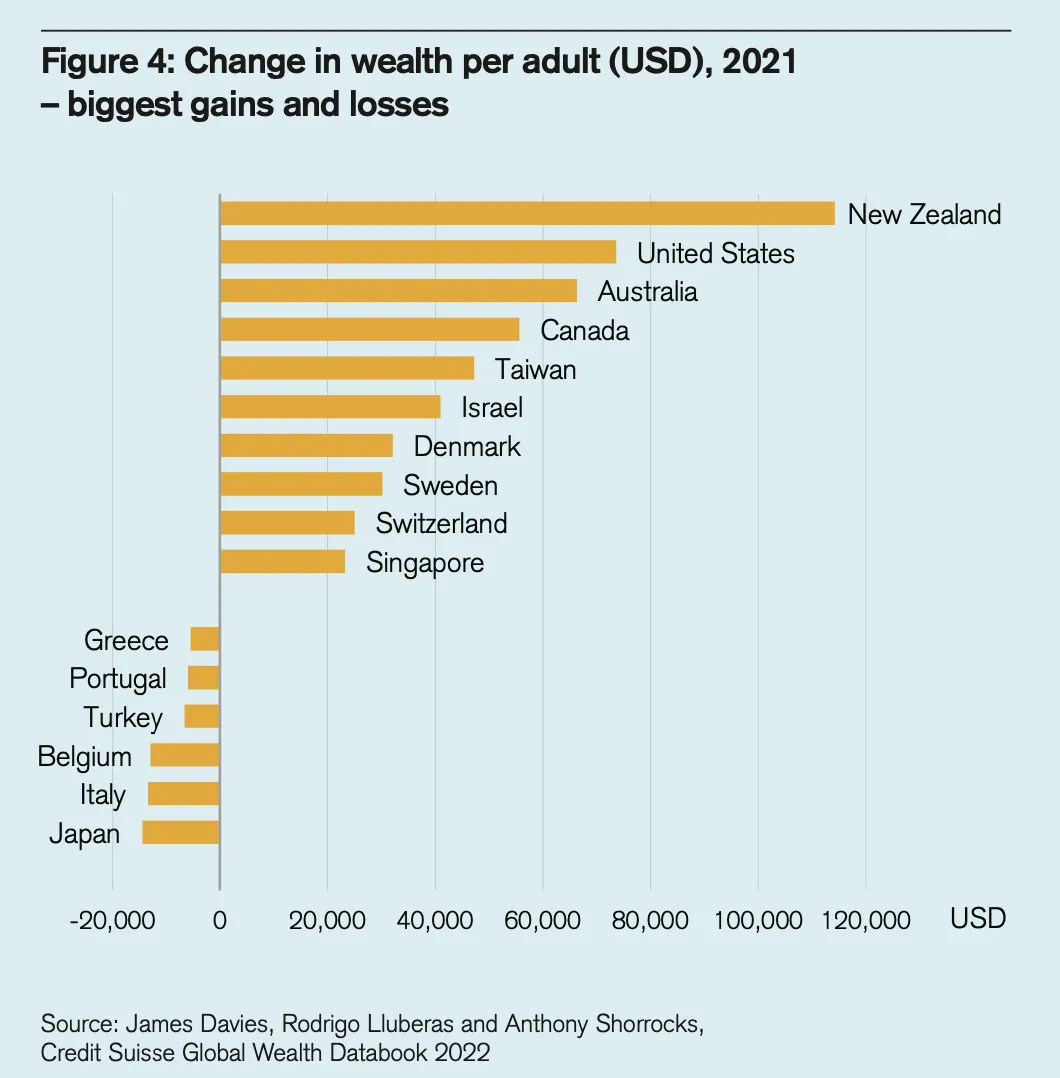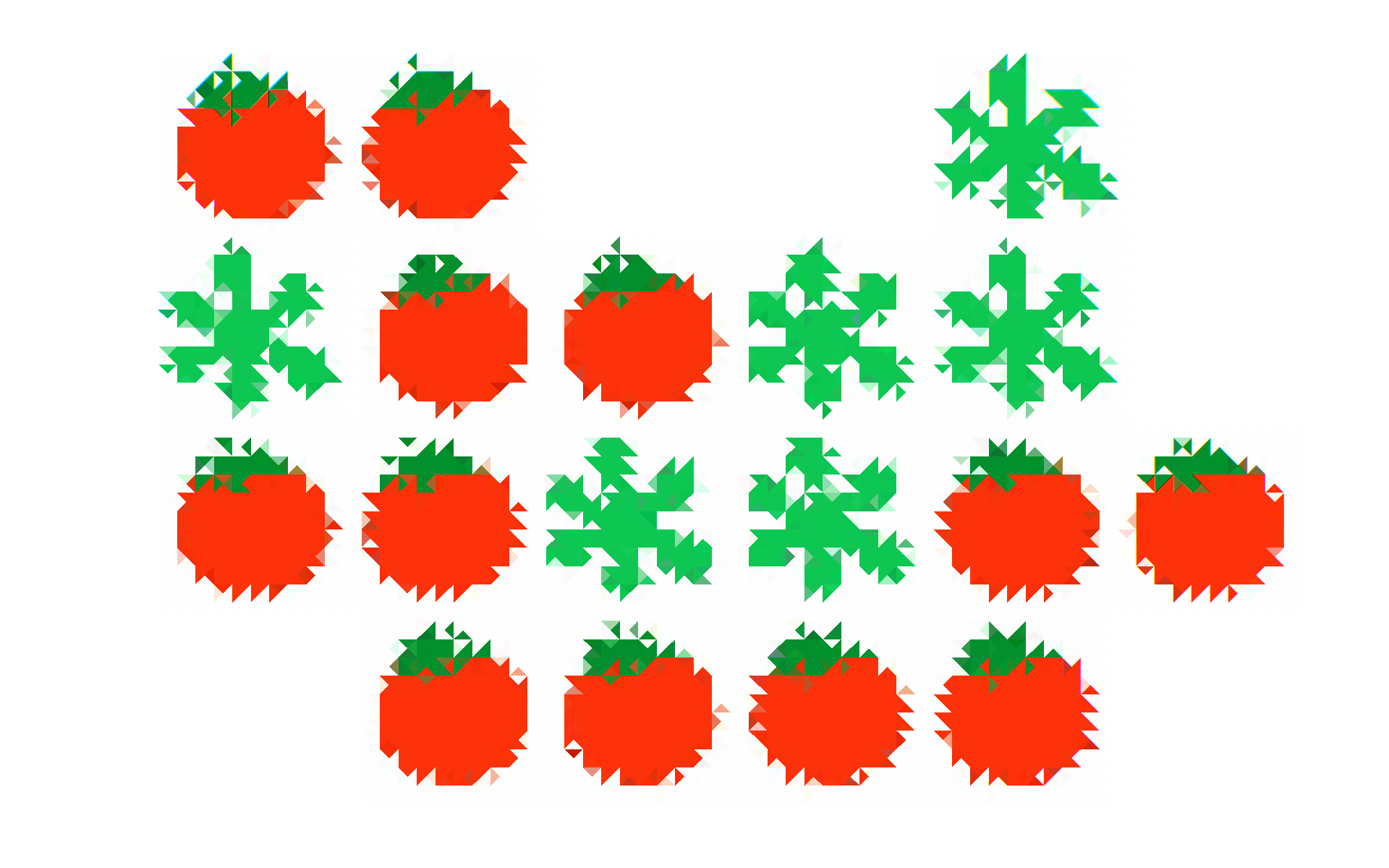Originally published at pluralistic.net Reproduced under a Creative Commons Attribution 4.0 license Cory Doctorow When you hear that a billionaire has bought a horse or a newspaper or a sports team, you might think it’s just dilletantish dabbling by a member of the parasite class with nothing better to do with their time – a […]
Continue ReadingEnvironmental conflict, capital as power … and a nice trip to London
Originally published at Manchester Metropolitan University Adam Marshall In recent years, as governments and corporations have intensified their efforts to locate, extract and monetise oil, gas, and various other biophysical resources, the world has simultaneously witnessed a proliferation of social resistance to these efforts. While such resistance can take many forms, it is invariably motivated […]
Continue ReadingAll you need to know about climate change
Originally published at Asimmetria Yuri Di Liberto What if I told you that they knew everything? And that they have known it for a very long time? On January 13 of this year, 2023, in the journal Science, perhaps the most important article to date on climate change was published. In political, social, and ethical […]
Continue ReadingOn May 29th, Alberta Can Slip Its American Noose
Regan Boychuk Green Party of Alberta energy critic & May 2023 candidate for Banff-Kananaskis Author’s note This article will prove the United States imposed its foreign policy doctrine of “Minimum Duty” on Alberta in November 1938 and that politics in Alberta and Canada today remain in the shadow cast by that imposition of Minimum Duty. […]
Continue ReadingWhy are not-for-profit hospitals in the US so much more profitable than for-profit hospitals?
Christopher Mouré and Shai Gorsky When it comes to social institutions, not-for-profit organizations (NFPs) allegedly strike a balance between the private and public realm. While privately owned and operated, not-for-profits are distinguished by their ostensibly public purpose – in eschewing private profits, they claim to make the pursuit of some social benefit their primary objective. […]
Continue ReadingFascism in Israel. The Funding of Fascist and Neo-Nazi Movements: 1970-1990
Jonathan Nitzan and Shimshon Bichler In 1989, we applied for a Harry Frank Guggenheim Foundation grant to investigate the funding of fascist and Neo-Nazi movements in Israel. The Foundation did not find the topic important enough, and the application was ceremonially rejected. Here is what we wanted to do. Research plan The emergence of ultra […]
Continue ReadingWith Great Power Comes Great Fear
Originally published at Economics from the Top Down Blair Fix Over the last year, I’ve watched with horror and amusement as health agencies around the world flip-flopped their advice on how to deal with COVID. My horror comes from knowing this flip-flopping breeds mistrust in science. But I am (morbidly) amused because I know that […]
Continue ReadingMaxing out our global credit-card with authoritarian debt
Originally published at pluralistic.net Reproduced under a Creative Commons Attribution 4.0 license Cory Doctorow People who fret about the debt we’re taking on to deal with climate change are (half) right. Because there’s two ways of dealing with the climate emergency: either we can avert it, or we can seek high ground and erect high […]
Continue ReadingGlobal Capital: Political Economy of Capitalist Power (YorkU, GS/POLS 6285 3.0, Graduate, Fall Term, 2022-23)
Jonathan Nitzan What is capital? Despite centuries of debate, there is no clear answer to this question – and for a good reason. Capital is a polemic term. The way we define it attests our theoretical biases, ideological disposition, view of politics, class consciousness, social position, and more. Is capital the same as machines, or […]
Continue ReadingMy Coding Mix
Originally published at Economics from the Top Down Blair Fix Last week I ran a Twitter survey to see what software my fellow researchers use. It turns out they like R: As an avid R user myself, this result didn’t surprise me. But it did make me think about my own approach to coding. In […]
Continue ReadingThe monopoly strategy behind the Google/Microsoft mobile patent wars
Originally published at pluralistic.net Cory Doctorow Capital-as-power, a framework from Jonathan Nitzan and Shimshon Bichler, holds that companies don’t seek to be as profitable as possible – but rather to accumulate as much power as possible. A company doesn’t seek to be as big as possible, but rather, as dominant. https://capitalaspower.com/ There are two strategies […]
Continue ReadingIs Human Probability Intuition Actually ‘Biased’?
Originally published at Economics from the Top Down Blair Fix According to behavioral economics, most human decisions are mired in ‘bias’. It muddles our actions from the mundane to the monumental. Human behavior, it seems, is hopelessly subpar.1 Or is it? You see, the way that behavioral economists define ‘bias’ is rather peculiar. It involves […]
Continue ReadingProximity to Power: The oilpatch & Alberta’s major dailies
Regan Boychuk The bias of Alberta’s media in favour of our dominant industry is both pervasive and obvious to any careful observer. But how to prove it? Studies of media bias are notoriously difficult and significant media analysis can easily become a gargantuan and subjective task. This novel study uses a small sample size while […]
Continue ReadingAlberta’s Rockefeller Coups, Part 3: Who Would Do This To Themselves?
Regan Boychuk Author’s note: At the end of the First Cold War, Canada tried to make the polluter pay. This resulted in the United States launching an unknown, but successful coup in Alberta over the course of 1991-92. And the results of that coup are the single biggest threat to a liveable future. This three-part […]
Continue ReadingAlberta’s Rockefeller Coups, Part 2: American Style Democracy
Regan Boychuk Author’s note: At the end of the First Cold War, Canada tried to make the polluter pay. This resulted in the United States launching an unknown, but successful coup in Alberta over the course of 1991-92. And the results of that coup are the single biggest threat to a liveable future. This three-part […]
Continue ReadingAlberta’s Rockefeller Coups, Part 1: The ‘No-Lookback’ Deal
Regan Boychuk Author’s note: At the end of the First Cold War, Canada tried to make the polluter pay. This resulted in the United States launching an unknown, but successful coup in Alberta over the course of 1991-92. And the results of that coup are the single biggest threat to a liveable future. This three-part […]
Continue ReadingAt last, a new Econ 101 textbook
Originally published at pluralistic.net Cory Doctorow Neoclassical economics is a hell of a drug. It has no theory of prices, no account of inflation, and its models all presume the existence of a perfectly rational “homo economicus” who is a “utility maximizer” with perfect information. Even the Queen is wise to the scam, grilling Bank […]
Continue ReadingDo we believe that the average Chinese adult is “wealthier” than the average European?
Originally published at Fresh Economic Thinking Cameron Murray Do you believe this headline? I don’t. The many problems with measuring a country’s wealth are on full display in this Credit Suisse report. But let’s start a little closer to home. When I married my wife I promised to look after her financial and material needs. […]
Continue ReadingWhat does the growing divide on Rotten Tomatoes mean?
Originally published at notes on cinema James McMahon Rotten Tomatoes (RT) found a way to get every last drop from the well of convenience. Film criticism is already pressured, tacitly by convention, or explicitly by editors and bosses, to give bite-size scores with thumbs (up or down), stars (out of 4 or 5), letter grades […]
Continue ReadingNo Shortage of Profit: Semiconductor firms and the differential effects of chip shortages
Chris Mouré Note: this is the manuscript version of an article now featured in The Mint Magazine. Few will argue with the claim that shortages are socially harmful. Shortages, by definition, imply a lack of something – not enough stuff to go around. A shortage of food implies hunger; a shortage of electricity implies darkness. […]
Continue Reading
